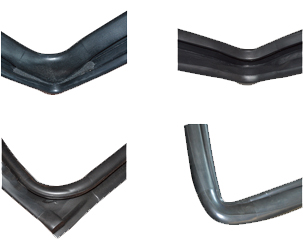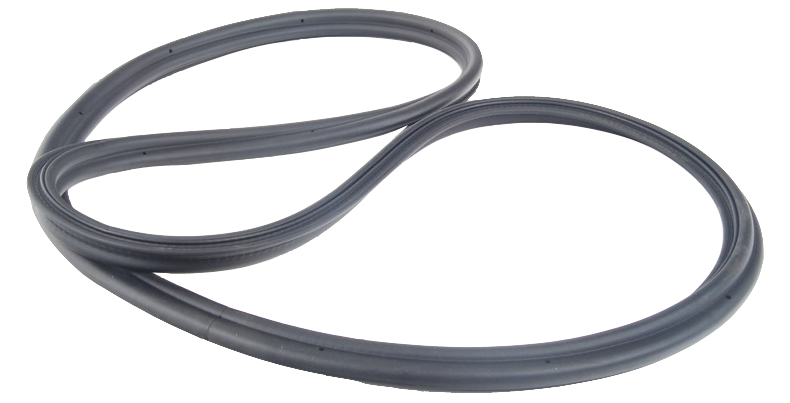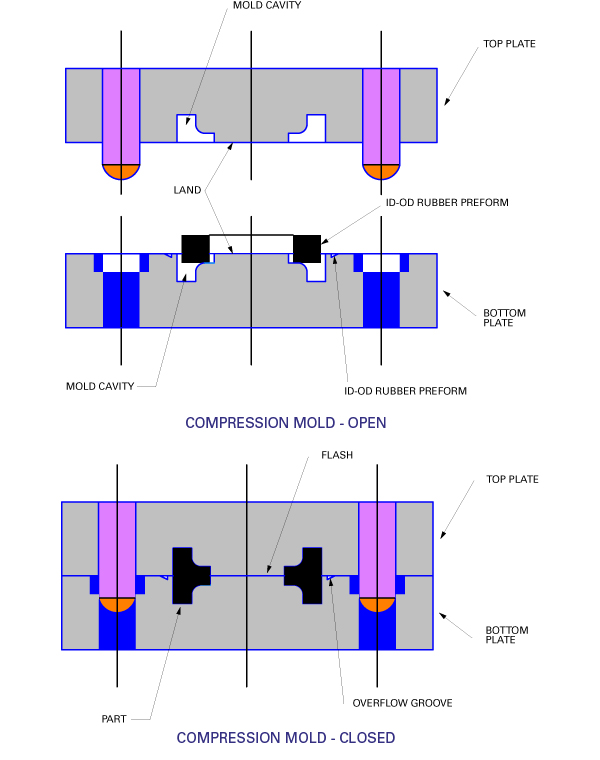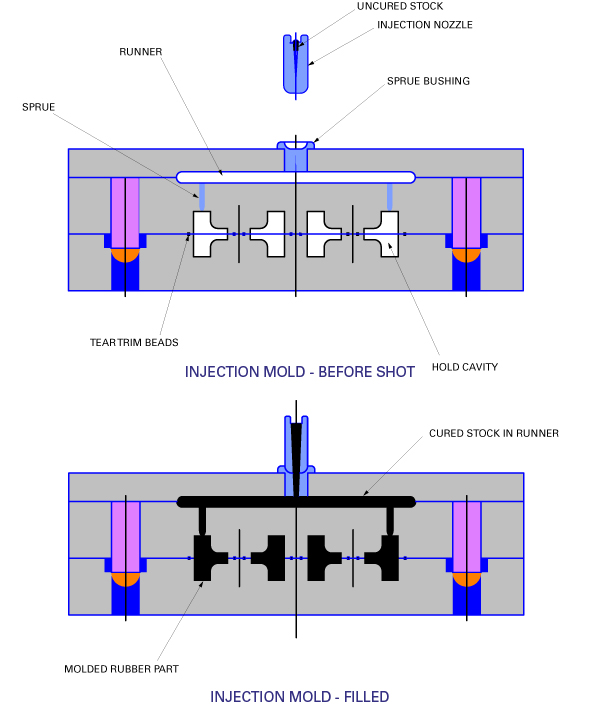Hutchinson S.A.’s Precision Sealing Systems unit is acquiring Danielson-based Delta Rubber Co., a manufacturer of high quality precision rubber components for the automotive, energy and industrial markets.
Terms of the transaction were not disclosed.
PSS operates a manufacturing facility in Baja, Calif., along with offices in Houston and Auburn Hills, Mich. The firm said in a statement that Danielson-based Delta Rubber brings a great opportunity to develop and manufacture some components closer to customers.
“This acquisition will further strengthen Hutchinson’s position in North America, offering its customers technological expertise in products and materials combined with a wider local presence,” Philippe Oliver, executive vice president of PSS activity, said in a statement.
Delta Rubber employs 65 at its Danielson plant and has been owned by NN Inc.—a diversified industrial company—since 2001.
Multitude of opportunities
“Joining Hutchinson returns us to the rubber industry on a global basis and presents a multitude of opportunities for growth and development for the company and its employees,” Jim Meagher, general manager of Delta Rubber, said in a statement.
NN said in a press release that its divestiture of Delta is part of its strategy to further align its plastics business, along with its recent acquisition of Precision Engineered Products.
“As outlined in our strategic plan, we continue to focus on balancing our portfolio of businesses to create a world class diversified industrial (company),” Richard Holder, NN president and CEO, said in a statement. “The divestiture of Delta Rubber was the next step in that process, as it further aligns our existing plastics business with our recent acquisition of Precision Engineered Products.”
According to NN’s website, the firm operated one other facility within its Plastic & Rubber Components unit—Caprock Manufacturing, located in Lubbock, Texas.
That plant is listed under the Precision Plastic Components Group.
According to NN’s third quarter SEC filing, the company completed its acquisition of Caprock in May for about $9 million in cash.
The unit in 2014 reported sales of $33.4 million, which represented 7 percent of NN’s $488.6 million revenues for the year.
Net sales for the third quarter increased $1.6 million to $11 million with income increasing to $600,000 compared to $200,000 in 2014.
NN said it will integrate Precision Engineered Products Holdings Inc. into the remainder of its Plastic & Rubber Components unit starting in the fourth quarter and rename the unit.
The firm’s deal to acquire Precision Engineered Products was finalized at the end of October. Holder said in a release that the acquisition is the largest in the company’s 35-year history.
Milestone purchase
The executive described the acquisition of Precision Engineered Products as “a transformational milestone that expands our market segment reach, broadens our portfolio of products, services and solutions, as well as expands margins and strengthens our global geographic footprint.”
Precision Engineered Products serves the medical, electrical, transportation and aerospace markets.
NN manufactures and supplies high precision metal bearing components, industrial plastic and precision metal components to a variety of markets on a global basis.
Headquartered in Johnson City, Tenn., NN has 42 manufacturing plants in North America, Western Europe, Eastern Europe, South America and China.
Hutchinson is a subsidiary of energy multinational Total S.A., based in Tour Total, France.
The unit manufactures vibration control systems, fluid management systems and sealing solution technologies with a focus on the aerospace, automotive and other industries.
Hutchinson generated $4.6 billion in 2014 revenues with more than 36,000 employees at 96 sites in 23 countries.
 Hebei Shida Seal Group offers custom rubber molded corners to meet any customer’s specifications. Rubber Molded Corners can be fabricated into a variety of configurations through molding, hot splicing, or cold bonding.
Hebei Shida Seal Group offers custom rubber molded corners to meet any customer’s specifications. Rubber Molded Corners can be fabricated into a variety of configurations through molding, hot splicing, or cold bonding. 


